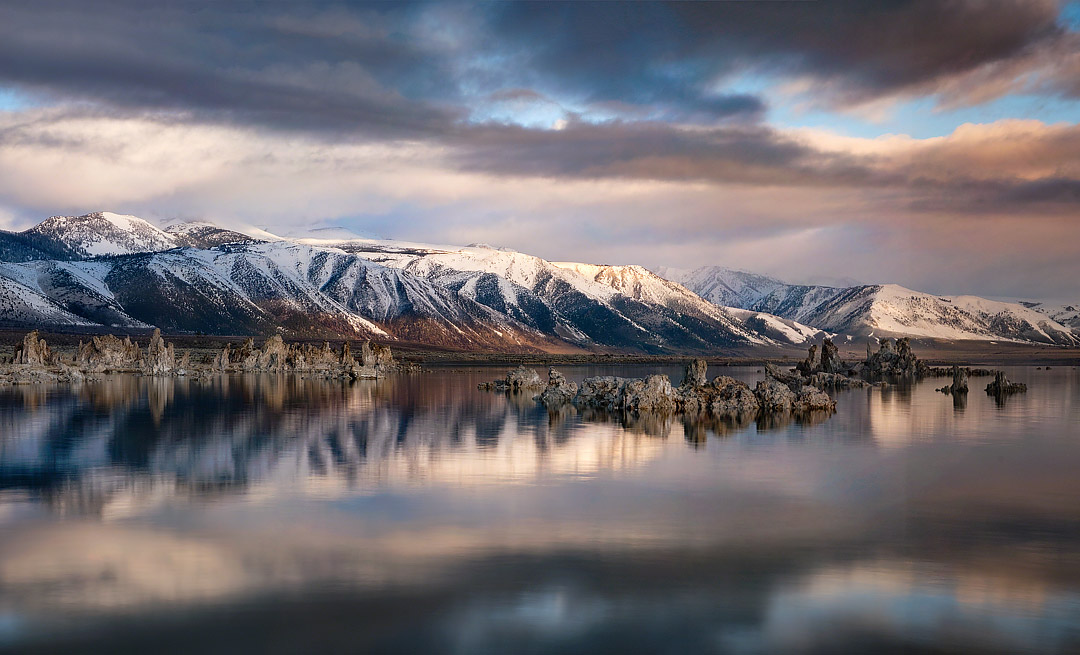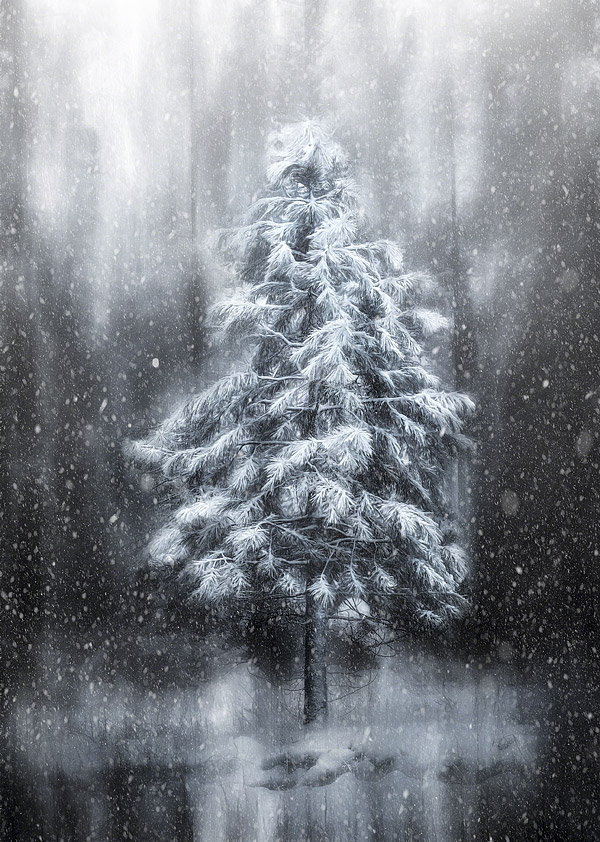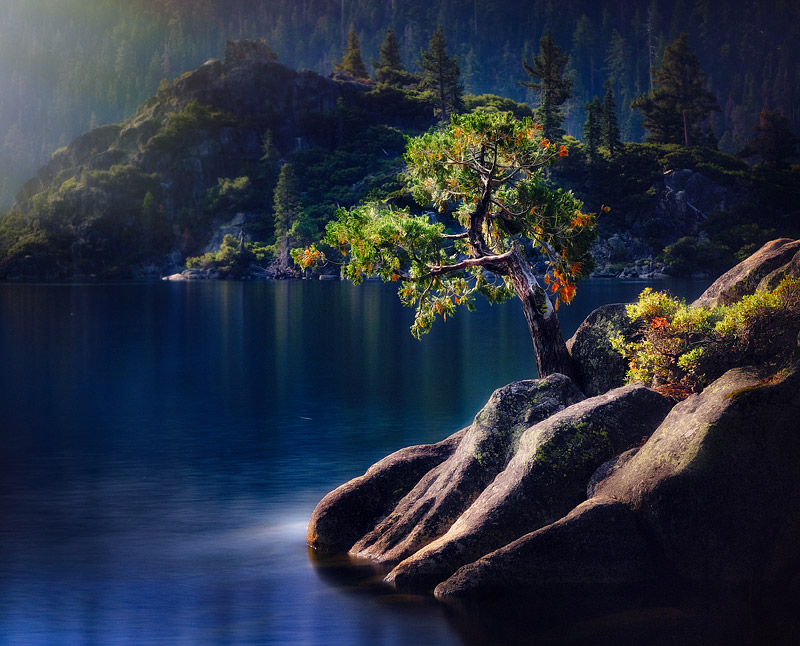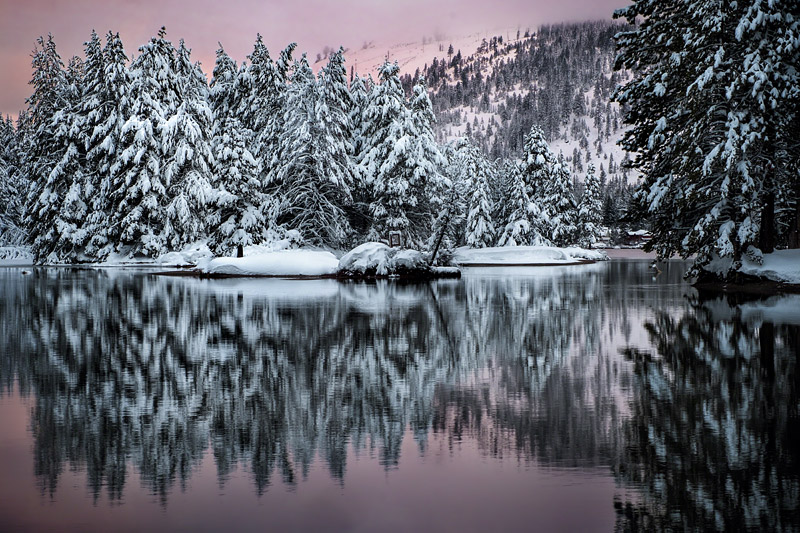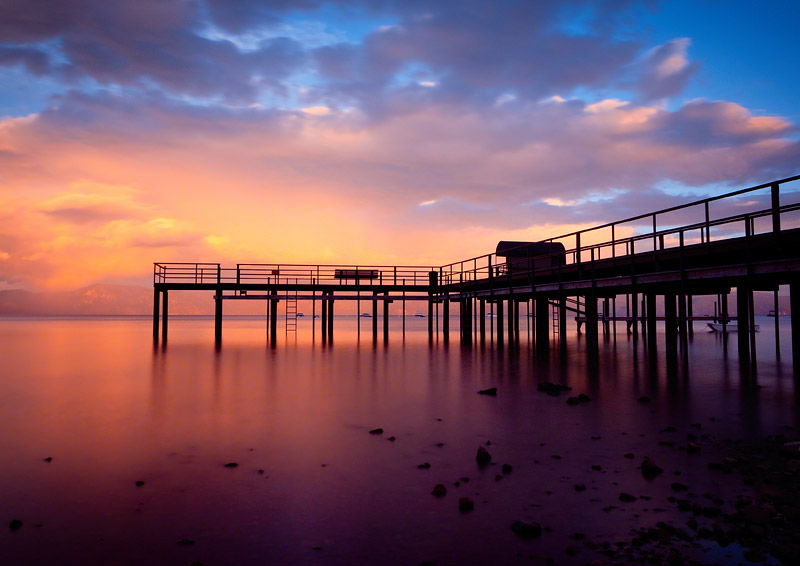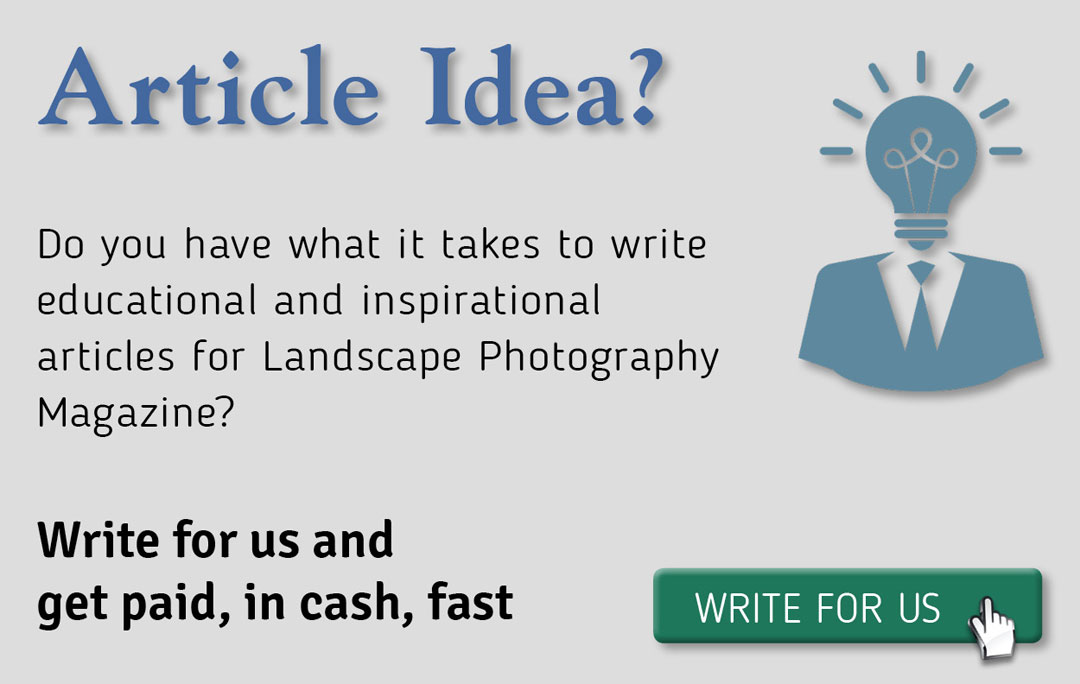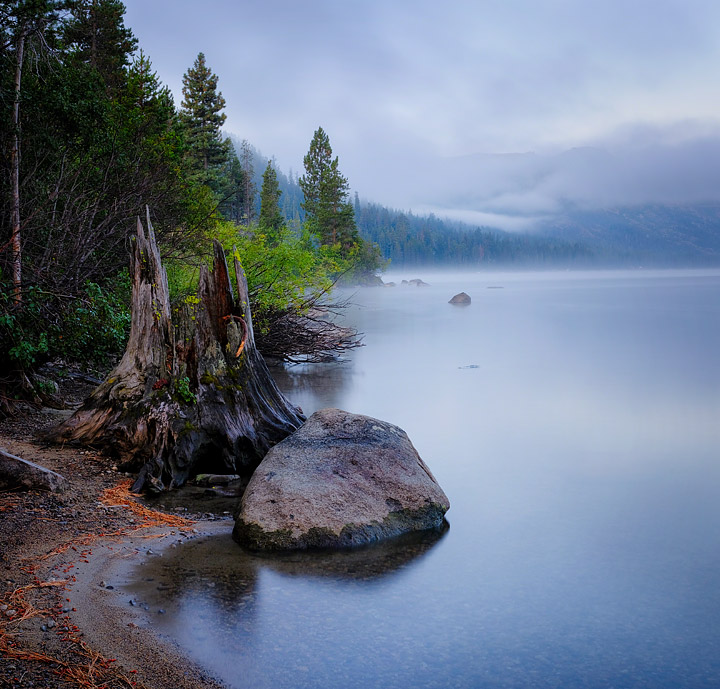What was it that inspired you to become a photographer?
I can’t remember NOT having a camera in my hands! I was raised with cameras, starting with the infamous Brownie. Suffice to say, life was well-documented and I grew up ‘seeing photographically’. Apparently, that came from my mother’s side of the family, since there are tons of photographs of her from the 1920s-1940s – they are stunningly amazing. After my mom passed away, we even found beautifully preserved photos of the Norwegian side of her family, coming to America on a big steamer, probably in the early 1900s, or even the 1890s.
How long were you photographing before you decided to become a pro? What did that process look like?
In my 20s I had planned on being a pro photographer and went for it in school. We processed our prints in the darkroom, which I loved as much as taking the photos themselves, maybe even more. That is, until darkroom chemicals made me sick to the point where I had to quit. I continued taking photos with whatever camera I could either afford, or was handed down, but it wasn’t the same. Still, photographing was an internal engine that never stopped, through all of my careers as a professional equestrian, figure skater, dancer, actor and in everyday life.
When digital came of age in the early 2000s, my husband handed me an entry level DSLR for Christmas one year and said “You keep talking about the images you see in your head. I want to see them too, so go get ‘em”.
So, in answer to your question about how long I was photographing before deciding to turn pro? A lifetime.
Describe a difficulty you faced when you first started out, that you had to overcome as a new professional.
It is a strange difficulty to have, but mine has been figuring out how to build a business I love, backwards.
I became known as a photographer before I even had a business. I was there on day one of Google+, which was an incredible launching pad for many of us. So many opportunities came my way as a result of a ton of exposure in social media, which honestly, I was only doing for fun and to try things out artistically. I certainly wasn’t prepared for any of the attention that came my way, but I figured it was all part of the adventure, so I kind of learned to roll with it on-the-fly. Next thing I knew, I was a professional photographer, but without an actual business. Heck, I was still doing professional voiceovers in my studio full-time!
Next question I had to ask myself was if I even want a photography business. It is not wrong to choose to do something else for a living and save photography for pure enjoyment.
Then it became a process of learning how to convert this 'influencer' status, that I didn’t fully understand to begin with, into a career. Not to mention figuring out how to do business online and what I wanted this business to feel like and stand for, deep in my heart and soul. Although I had been in business for myself all of my life (as a teacher of every discipline I had ever done), this was an entirely new beast.
I was definitely in over my head but, by hanging in there (and faking it until I could make it), I learned I could breathe underwater!
When did you start using the Fujifilm system and why did you initially choose it to be such a huge part of your process?
I started in May of 2015. I had a month-long trip to France coming up that June and had grown tired of my huge, heavy camera bag, so I looked into mirrorless for a solution and was willing to try any that fulfilled my list of qualifications.
It was love at first touch. From the look and feel of the cameras and lenses, to the images; they completely fulfilled the dream I had for my next camera system. I took my new set-up to France, had my mind blown by all the incredible things I could do with it and never looked back.
Did you experience a noticeable difference in your workflow when you changed systems?
Yes, while shooting, I found myself happier. I felt like I had re-discovered photography. My imagination kicked in, I tried new things, felt free to experiment and generally got my creative groove back. Post-processing got much faster since the images came out of the camera closer to my vision. I didn’t have to do HDR anymore in order to get the dynamic range I was after. It was like a whole new slice of freedom!
What’s your favorite lens for landscape work and why?
I was pretty shocked when I saw the quality of even the kit lenses. The super-basic XF55-200mm f/3.5-4.8 R LM OIS put my old lens to shame. Ditto the XF18-55mm f/2.8-4 R LM OIS. I thought there must be some mistake as they were just that good!
For landscape work, I used different lenses for different things and definitely have my favorites. I mostly use either my XF16-55mm f/2.8, if I need weather-sealing, or XF18-55mm f/2.8-4, if I need to travel light.
When you look back at your growth as a photographer, can you identify two bench marks where something you learned or experienced made a significant difference in your process or art?
I am a big believer in cross-training. I learned the value of it as an athlete and find it applies to pretty much anything. Training outside your chosen sport makes you stronger, because it eliminates the imbalance caused by using the same set of muscles over and over in the same way.
As a photographer, cross training is crucial. Knowing how to write, be fit and healthy, be visually literate, understand the power of emotion and having an inner world, how to be grounded and focused and translate what you feel into an image, how to communicate and run a business.
Photography isn’t enough. With billions of photographs tearing through our world every day, it is no longer about who takes the best photos. It is also about you, the world you are creating, what you stand for, your message, your ‘why’. In my opinion, not enough photographers take the time to work that part out. Your audience awaits and they yearn for that one gift that only you can give. It might be more important than any single photography skill. Anyone can learn camera settings, but only you can make your art.
What have you learned about yourself through your photography? What has that taught you and how have you applied it?
Photography has certainly taught me much over the years. Say yes to light, to love, to life. Say yes to learning, growing and expanding your point of view. Because that point of view becomes your voice, which as an artist is truly all you have.
If you could give advice to yourself when you were first starting out, what would that be?
Everything you knew as a kid was the truth. Stick with that. Don’t doubt yourself, think someone else is smarter, better or just 'more' than you. Be open and learn from others. Follow what you love. It will never let you down.
To someone starting out in photography, what advice would you give?
Never stop having fun – exploring, creating, experimenting and being open to delightful surprises. Your gear is full of them and will help you express what you want to say, visually, in such fun ways.
Personally, I not only re-discovered photography in new ways when I picked up Fujifilm, but I got really excited about being creative with everything again. The gear itself gave me ideas to try and play with, which I could then take off with my own creative directions in photography.
I would advise anyone to take the time to customize whatever buttons are available to customize. Learn your gear, but don’t get hung up in all the techno-geek discussions.
What advice would you give to someone who is considering turning photography into a profession?
Learn business. Doing photography and doing business are two different things. It is easy to learn some business basics online these days, so educate yourself on the basics. Also, plan on doing a lot of writing. I wrote about that in LPM’s issue 62, the April 2016 edition. The bottom line is that cross-training makes you stronger!


